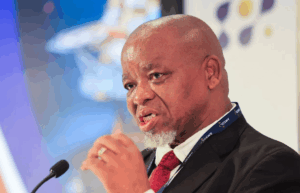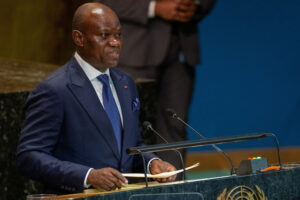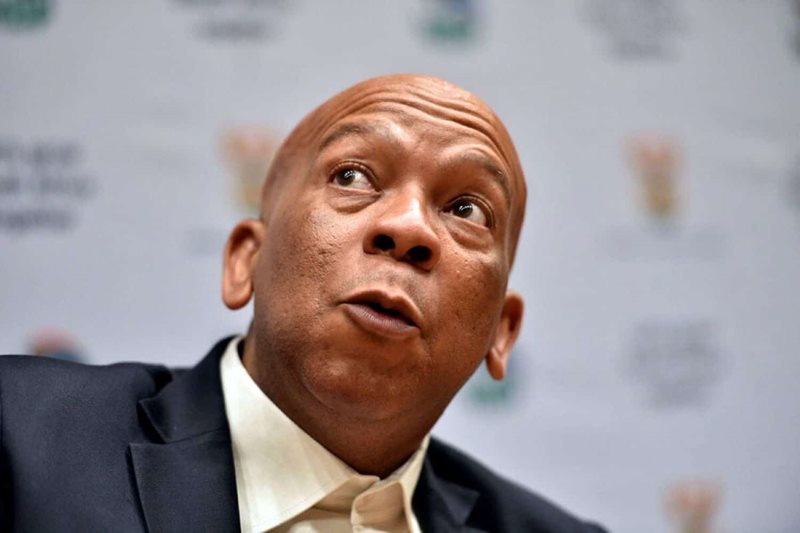F1 lovers in South Africa are in a frenzy of excitement after news reports cited a visit by F1 Chiefs to
South Africa as valid confirmation that the Kyalami Circuit will be revived with a major on the
calendar.
A few weeks ago Sky News reported that Formula 1 were working towards a deal for South Africa to
re-join the race calendar in 2023. F1 President and CEO Stefano Domenicali was reported to have
flown to South Africa directly from Baku following the race at Azerbaijan Grand Prix for talks with
local stakeholders. There was no public statement on the tentative discussions nor the outcome.
But how sustainable is the course at Kyalami?
All indications are that the euphoric re-entry of F1 in South Africa would drown any meaningful
discussion on the long-term environmental risks posed by a large event of that magnitude. What
would not escape the F1 global standards is scrutiny of their compliance with the sustainability index
that reviews and enforces certain ESG standards for F1 race tracks.
A new report has published a sustainability ranking index of circuits after an initial report found that
most venues lacked sustainable facilities. The new sustainability ranking index of circuits was created
to motivate venues to improve their green credentials.
The new F1 Sustainability Index raises the bar
The Index, referred to as the Sustainable Circuits IndexTM (SCI), identified the Circuit de Catalunya,
Circuit Paul Ricard, and Mugello as the three that ranked best in the first report of its kind which
uses the UN’s SDGs, the ESG framework, industry-specific awards, and accreditations to score the
tracks.
The work draws from data publicly disclosed by circuits and collected between August 2020 and
December 2020. The circuits were grouped into five categories of sustainability performance – low,
medium low, medium, medium-high and high.
From 96 assessed circuits, 31 were shown to demonstrate some sustainability credentials but only
three were found to show what was considered “a good stage of implementation” – Circuit de
Catalunya, Circuit Paul Ricard, and Mugello.
If these standards are to be consistently applied, it would be curious to see how the City of
Johannesburg and the organisers rise to the challenge of developing a compliance framework that
approximates the standards mentioned above.












